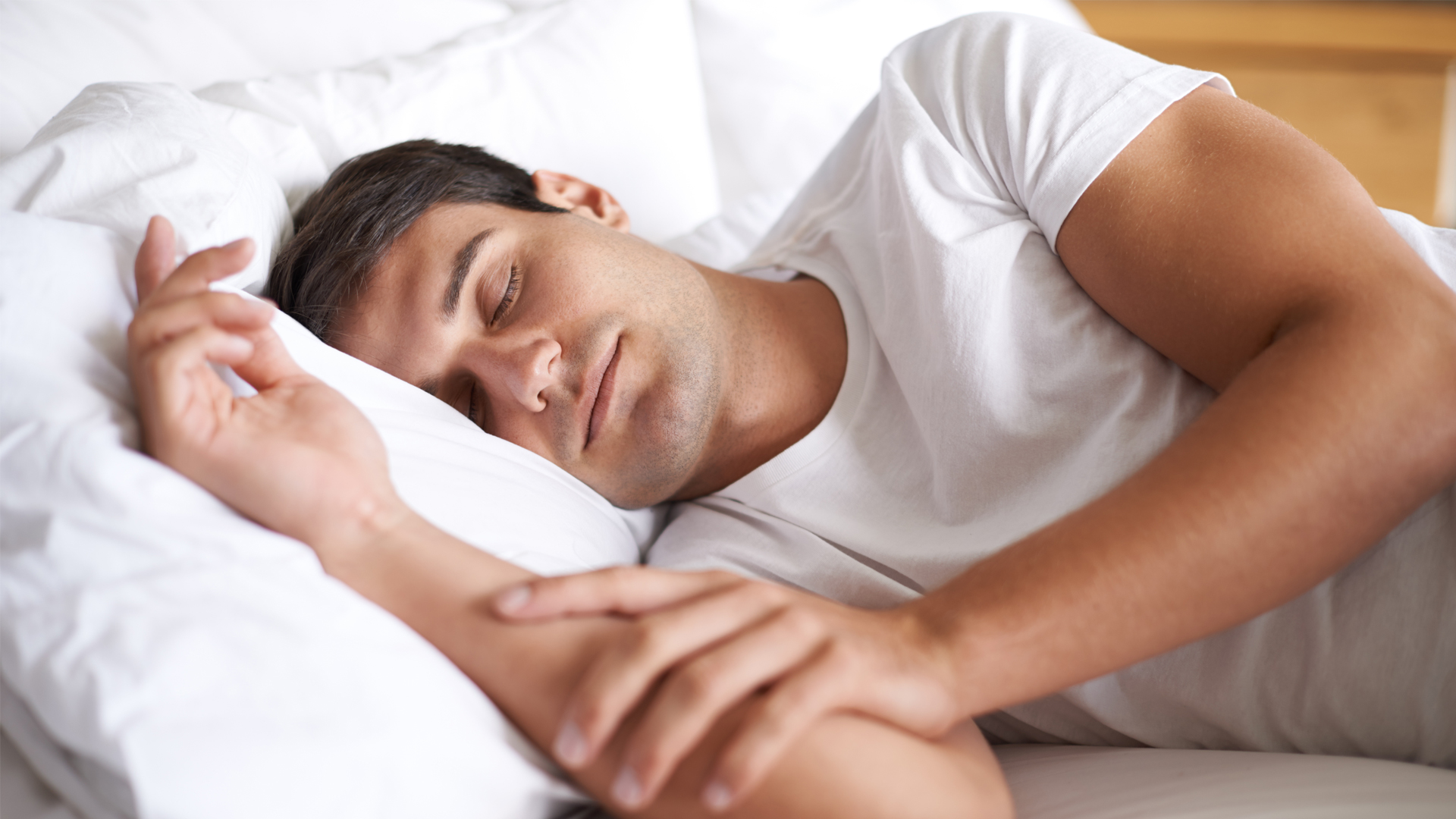
Getting good sleep isn’t just about waking up feeling refreshed, it’s a crucial time for your skin to repair and regenerate. If you want to look and feel your best, it’s time to make sleep a priority.
No matter how good your skincare routine is or how much money you spend on products, your skin will suffer if you’re not getting enough sleep. From dark circles to dullness and even acne, sleep deprivation is a major culprit behind many common skin issues.
But let’s be real, falling asleep isn’t always as easy as it sounds. If you’re struggling to drift off, these five tips will not only help you fall asleep faster but also wake up with skin that looks its best.

1. Set a Consistent Sleep Schedule
Why It Matters:
Your body loves routine. Going to bed and waking up at the same time every day helps regulate your internal clock, making it easier to fall asleep and wake up feeling rested. This consistency also helps optimise your skin’s natural repair cycle, ensuring that you wake up with a fresher, more vibrant complexion.
How to Do It:
Calculate what time you need to wake up and count back seven to eight hours for your ideal bedtime. Stick to it religiously, (even if it means sacrificing a late-night Netflix binge). The more consistent you are, the easier it will be to fall asleep at your chosen time as your body clock adjusts.

2. Create a Sleep-Inducing Environment
Why It Matters:
Your bedroom environment plays a huge role in how quickly you fall asleep. A quiet, dark, and cool room signals to your body that it’s time to wind down, helping you to drift off faster. The right environment not only improves your sleep quality but will enhance your skin’s overnight recovery process.
How to Do It:
Invest in blackout curtains to block out light, and keep your room cool (around 15-19°C is ideal). If noise is an issue, consider a white noise machine or earplugs. Make sure your bed is comfortable with soft, breathable sheets and mattress to help keep your skin cool and prevent sweating, (which can lead to breakouts).

3. Invest in a Quality Mattress and Pillow
Why It Matters:
Your mattress and pillow are crucial for maintaining proper body alignment and comfort throughout the night. A quality mattress supports your body, reduces the risk of tossing and turning, and promotes uninterrupted sleep. This deep, restful sleep is essential for your skin’s health, as it’s during these hours that your skin repairs itself and produces new collagen (which keeps skin looking firm).
How to Do It:
Invest in a high-quality mattress, like those from Simba. Simba mattresses are designed with advanced materials that not only provide excellent support but also promote airflow to regulate your body temperature. This breathability is key to avoiding overheating, which can disrupt your sleep and leave your skin looking tired and inflamed.
If you’re a renter or not ready to invest in a new mattress, the Simba Hybrid® Mattress Topper is a game-changer. It can transform any mattress with its innovative design, featuring up to 2,500 Aerocoil® springs and a layer of structured Simbatex® foam. This combo provides way more airflow than standard memory foam, keeping you cool and comfortable all night. Whether you’re upgrading your existing setup or making the most of what you’ve got, this topper helps you get the deep, restful sleep you need.
Don’t forget about your pillow! Simba’s Hybrid® Pillow adapts to your sleeping position, providing the perfect balance of comfort and support. Plus, its Stratos® cool-touch technology helps keep your head cool, which is crucial for preventing night sweats that can lead to clogged pores and breakouts. Investing in these sleep essentials ensures that your body and skin get the quality rest they deserve.

4. Wind Down with a Pre-Sleep Routine
Why It Matters:
Your body needs time to transition from the hustle of the day to a state of relaxation. A pre-sleep routine signals to your brain that it’s time to slow down, making it easier to fall asleep. This winding-down period also reduces stress, which can wreak havoc on your skin by increasing oil production and triggering breakouts.
How to Do It:
Blue light from your phone or laptop can interfere with your sleep hormones so ditch the screens one hour before bed. Instead, try reading a book, taking a warm shower, or practising some deep breathing exercises. These calming activities help prepare your mind and body for sleep, ensuring you wake up with clearer, calmer skin.

5. Watch What You Eat and Drink Before Bed
Why It Matters:
What you consume in the evening can have a big impact on your ability to fall asleep and the quality of your sleep. Eating heavy meals or consuming caffeine or alcohol too close to bedtime can disrupt your sleep cycle, leading to restless nights and dull, tired-looking skin.
How to Do It:
Try to have your last meal at least two to three hours before bed, and avoid caffeine after 3pm. If you’re feeling peckish before bed, opt for a light snack like a banana or a handful of almonds, which contain sleep-promoting nutrients like magnesium. Also, try to limit alcohol consumption in the evenings as it can disrupt your sleep later in the night, leaving you with puffy eyes and sallow skin in the morning.




















































